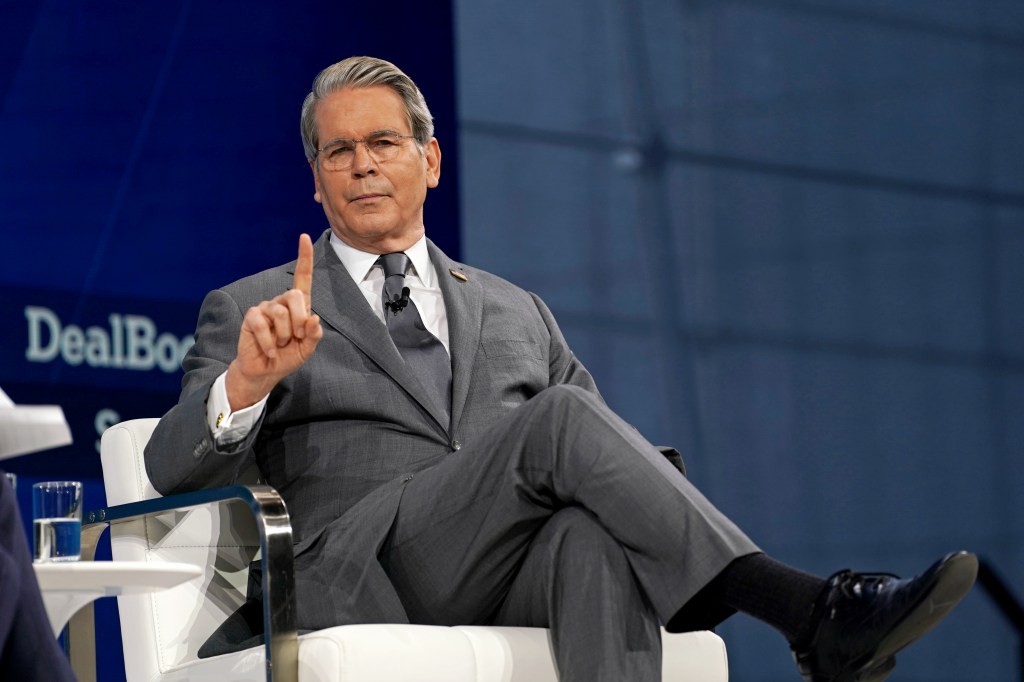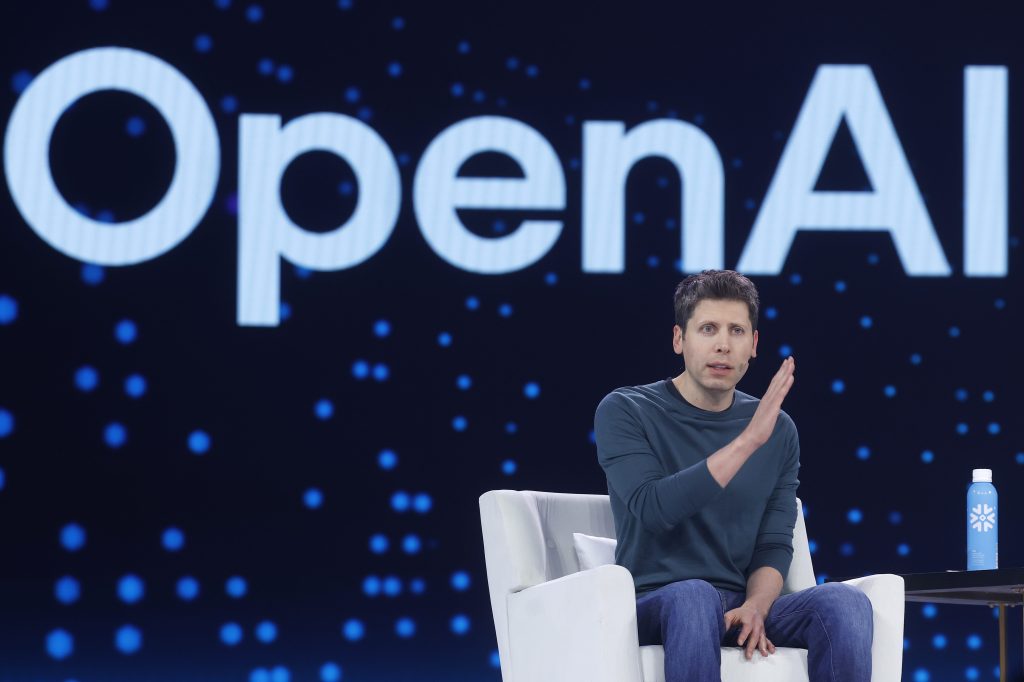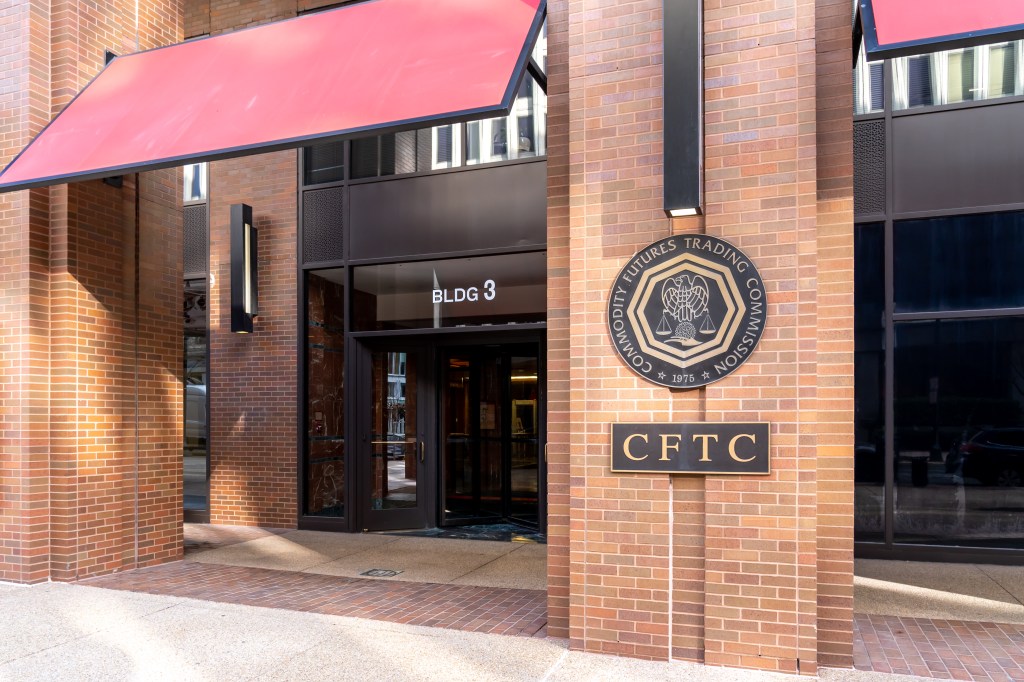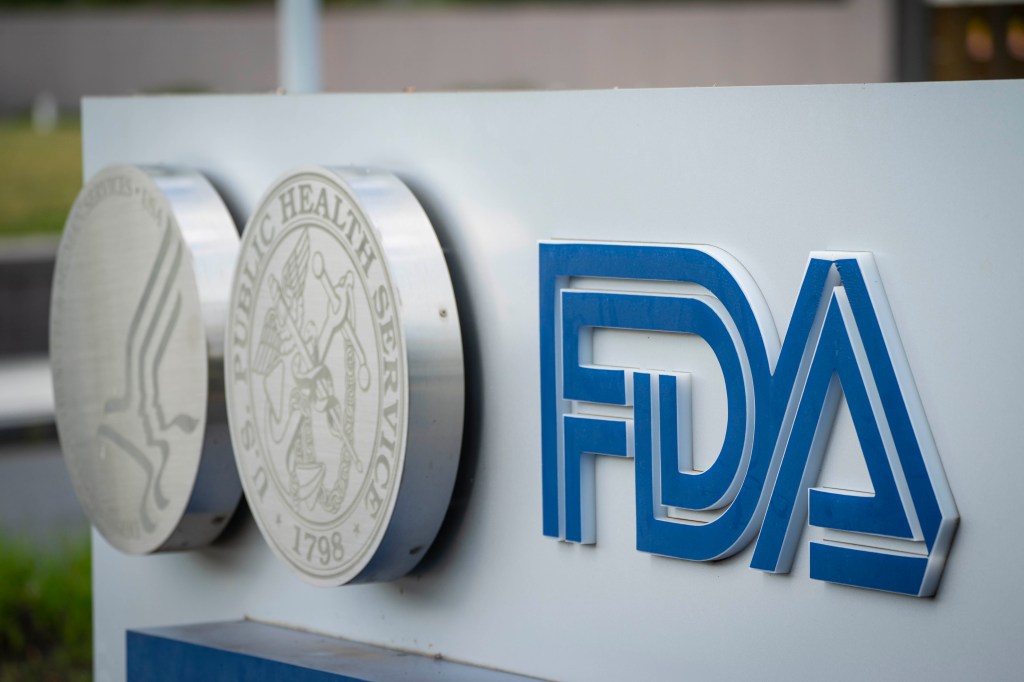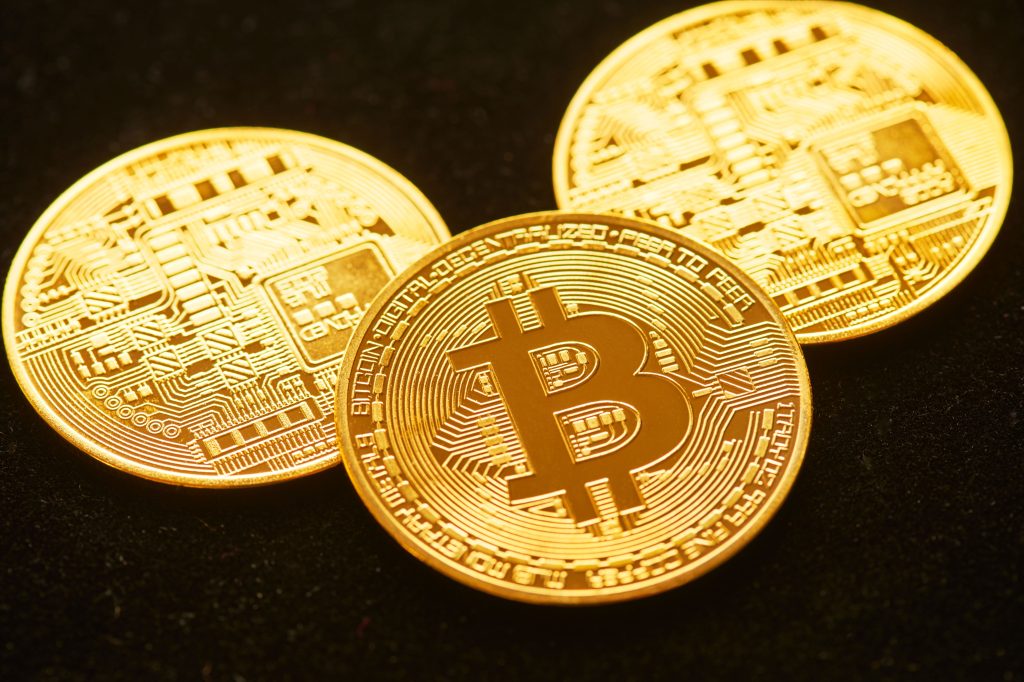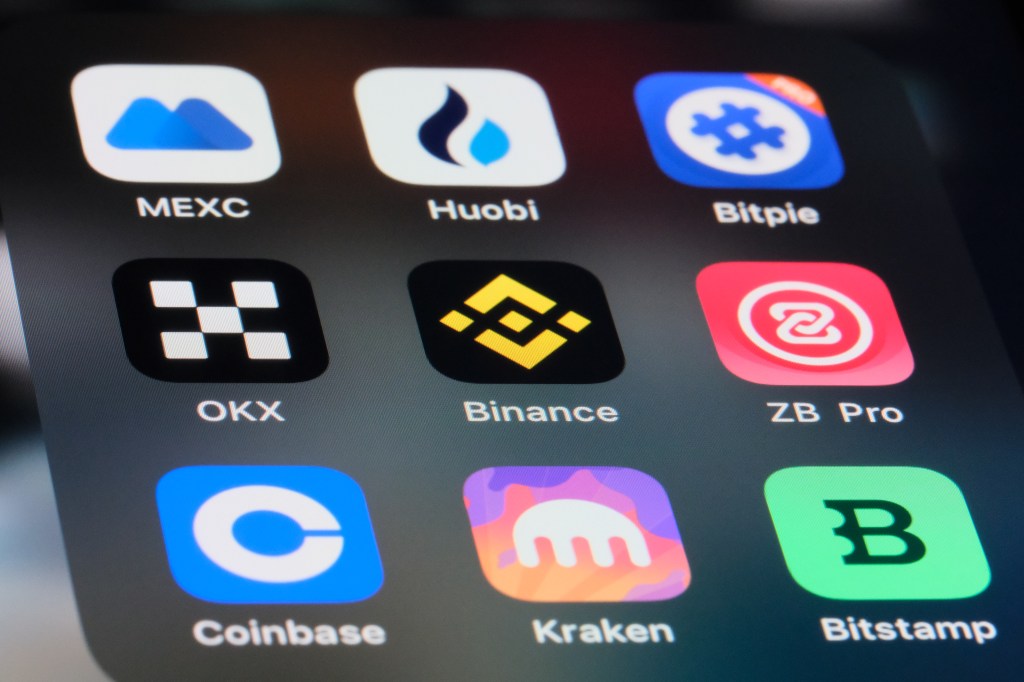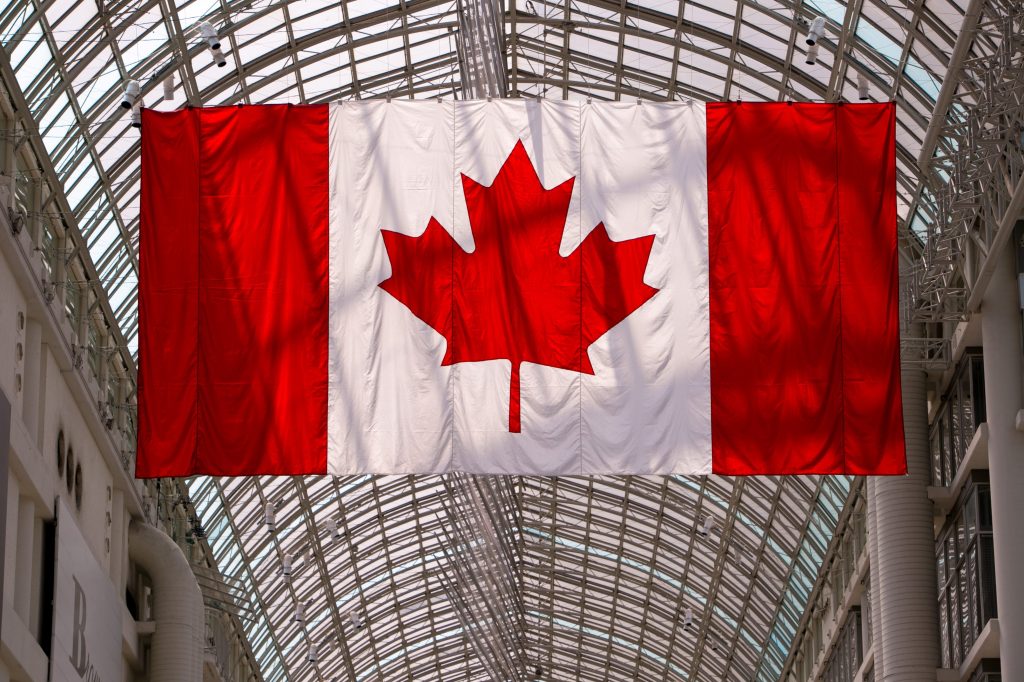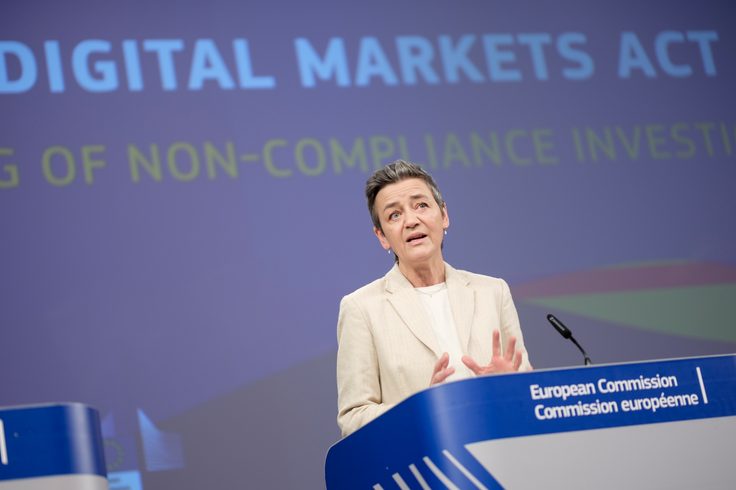Regulators in the EU are temporarily pausing making decisions and imposing fines on US megatechs for potentially breaching EU rules, in the aftermath of Donald Trump’s return to the White House.
Sources have told the Financial Times the bloc is now “reassessing” the scale of its investigations into tech giants
Register for free to keep reading
To continue reading this article and unlock full access to GRIP, register now. You’ll enjoy free access to all content until our subscription service launches in early 2026.
- Unlimited access to industry insights
- Stay on top of key rules and regulatory changes with our Rules Navigator
- Ad-free experience with no distractions
- Regular podcasts from trusted external experts
- Fresh compliance and regulatory content every day


